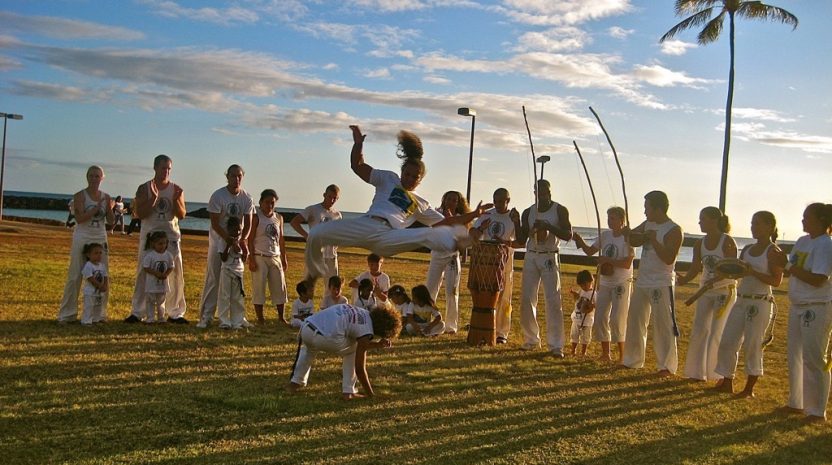
Sarah Badat-Richardson believes that, although she and her husband raise her daughter with the very best intentions, it takes a village to provide our children with a life of quality, purpose, and fun. Not surprisingly, capoeira has become this kind of source of enrichment for their family.
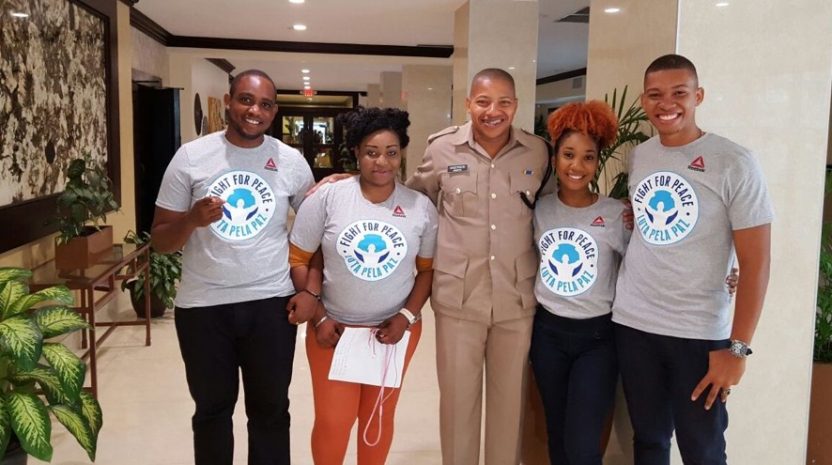
Around the world, capoeira is used not only as recreation and sport, but as a means of overcoming our daily struggles, big and small. Multi-national organization Fight for Peace uses martial arts like capoeira to make a difference for young people in communities in 25 countries.
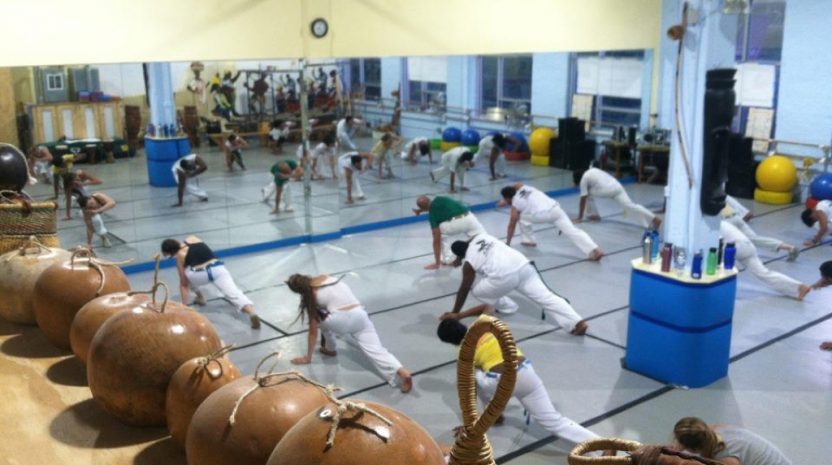
Connecticut’s Mestre Efraim Silva has been in capoeira news quite a bit lately, from this weekend’s O Rio da Vida women’s event (with Professora Fominha), to being noticed for his determination in his own education. His newest spotlight comes from whistlekick Martial Arts Radio, who invited Mestre Efraim on their show for a 42 minute interview about his life and the art of capoeira.
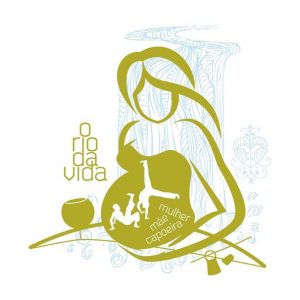
As the saying goes, capoeira is for men, women, and children. Taking that statement to heart, Connecticut’s Raça em Movimento is hosting its first event honoring the women and mothers of capoeira—a powerful, essential, and often under-appreciated segment of the capoeira community.
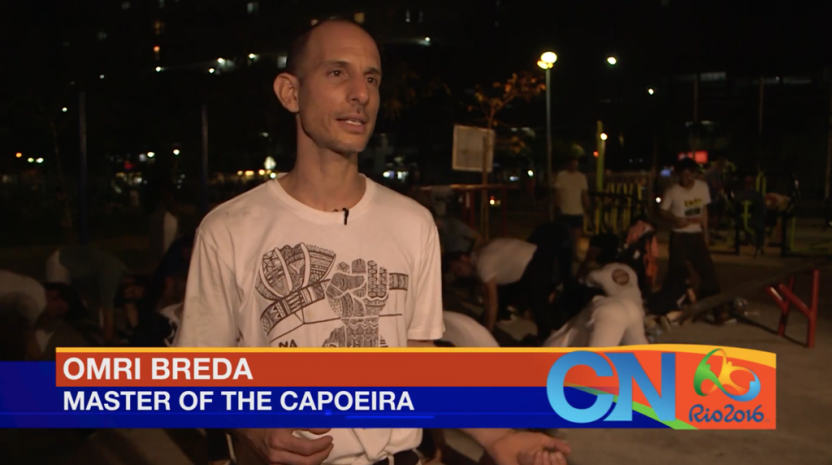
Arizona’s Cronkite News traveled to Rio de Janeiro during the 2016 Summer Olympics and met up with Omri Breda, better known to capoeiristas as Mestre Ferradura, and interviewed him about the importance of capoeira in Brazil — and especially how it connects people to the African roots of the art form.

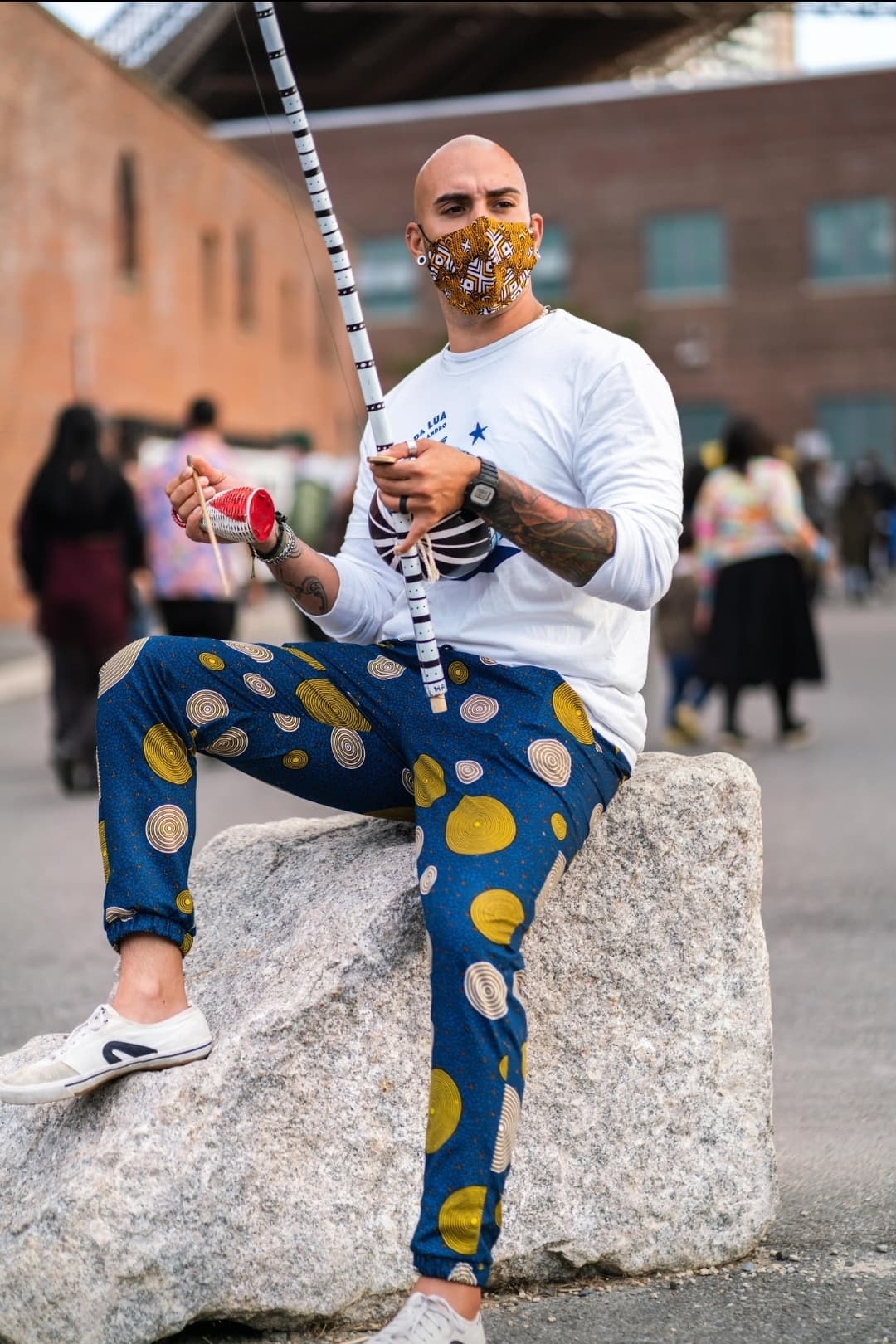
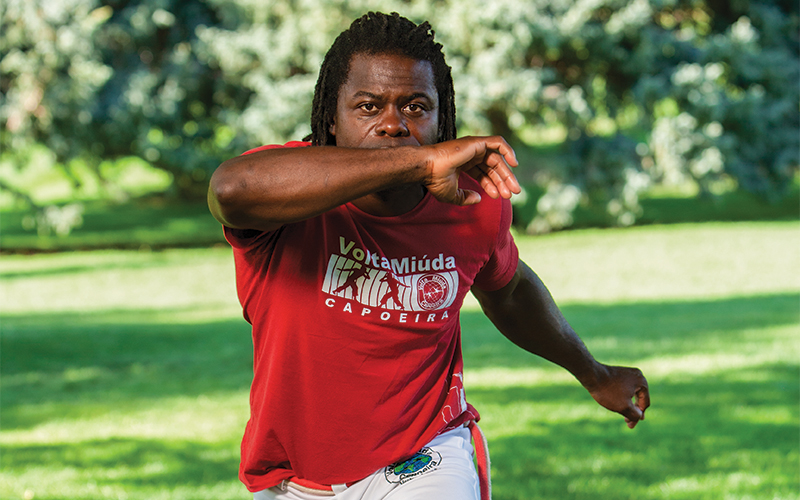
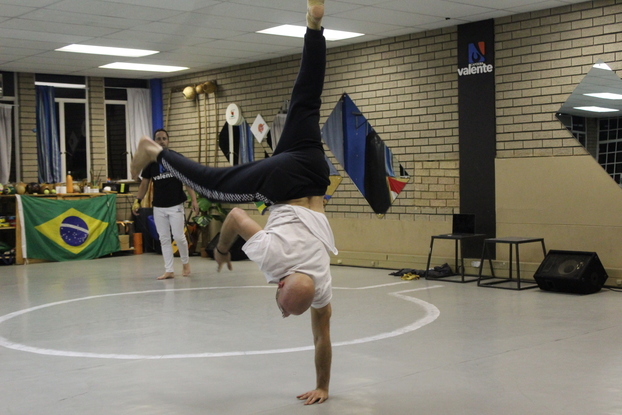
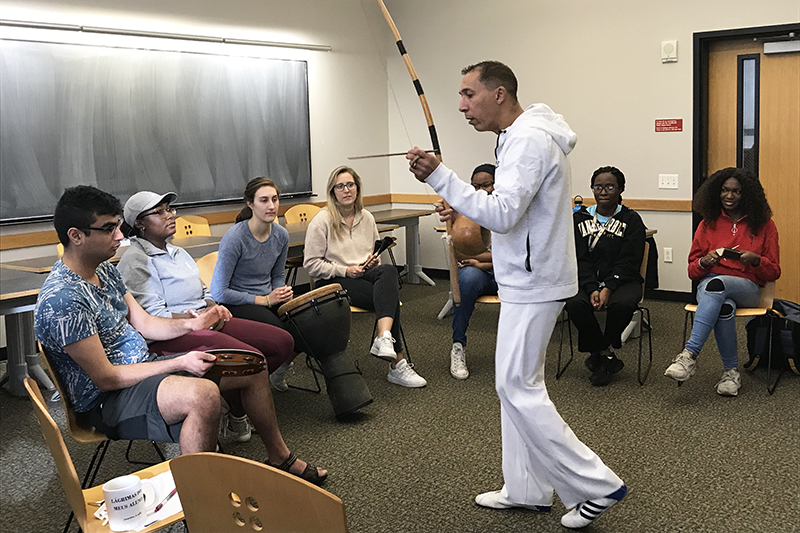
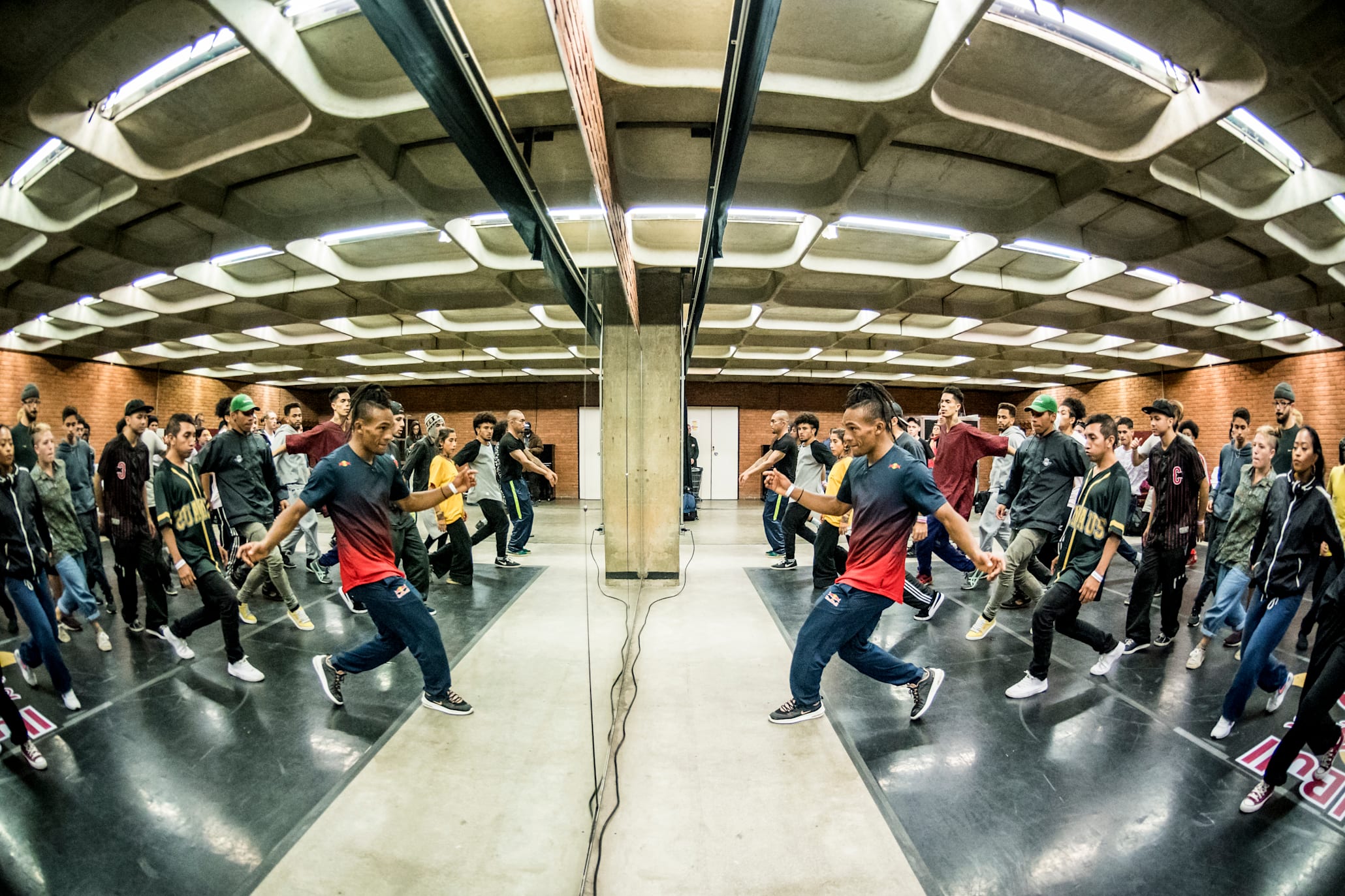





Share this post
Twitter
Google+
Facebook
Reddit
LinkedIn
StumbleUpon
Pinterest
Email